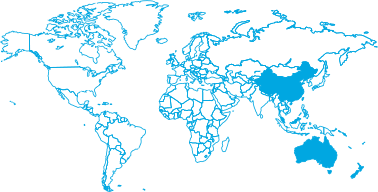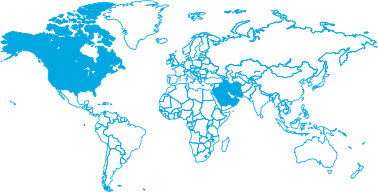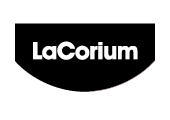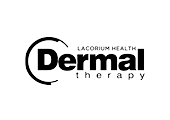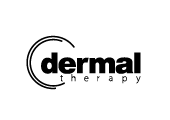Understanding whether a skin condition is eczema or psoriasis will help you choose the best treatment and manage your symptoms. Both conditions can cause very dry skin, significant discomfort, and impact quality of life, but they do have some unique characteristics. Use the photos below to understand how each condition looks and hopefully, you’ll find a clearer and more accurate diagnosis.
Signs of Eczema
Eczema, or atopic dermatitis, is characterised by red, inflamed, and extremely itchy skin. It commonly appears in the creases of the elbows and knees but can also affect the face, neck, and wrists. In infants, eczema is often seen on the cheeks and scalp. The affected areas may become dry, scaly, and can even crack or bleed. The intense itchiness can lead to scratching, which worsens the condition and can cause secondary infections. Eczema tends to flare up periodically and can be triggered by allergens, irritants, stress, and weather changes.
Pictures of Eczema
Signs of Psoriasis
Psoriasis is a chronic autoimmune condition that accelerates the growth cycle of skin cells, leading to the build-up of cells on the surface of the skin. This results in thick, red patches covered with silvery scales. Psoriasis can appear anywhere on the body but is commonly found on the scalp, face, lower back, elbows, and knees. In infants, it may also be present in the nappy area. Unlike eczema, psoriasis patches are often more clearly defined and can be less itchy but more painful. The condition can be persistent and requires ongoing management to control symptoms and prevent flare-ups.
Pictures of Psoriasis
Finding the Right Skincare
Once you know which skin condition you have, the next step is to find the right treatment.
For eczema, this might involve:
- The use of emollients to keep the skin hydrated.
- Topical corticosteroids to reduce inflammation.
- Avoiding known triggers such as allergens and irritants.
- Implementing gentle skincare routines.
For psoriasis, treatment may include:
- Topical treatments with keratolytic properties to reduce scaling and inflammation.
- Phototherapy under medical supervision.
- Systemic medications to control the immune response.
- Regular moisturisation to maintain skin hydration.
Q&A on Eczema & Psoriasis
Eczema & Psoriasis Facts
- Avoid Hot Showers
For both skin conditions, you want to keep your skin as calm as possible. Avoid taking very hot showers and harsh ingredients.
- Know Your Triggers
Understanding the triggers that lead to eczema and psoriasis flare-ups will help you manage your skin conditions.
- The Skin Barrier Matters
Moisturising and creating a strong skin barrier will help lock in moisture and create a calmer environment for your skin condition.
- Listen to the Itch
If your skin is irritated and itching, it will usually indicate there’s an underlying concern. Investigate itchiness and changes to your skin condition.













